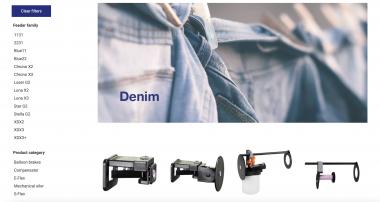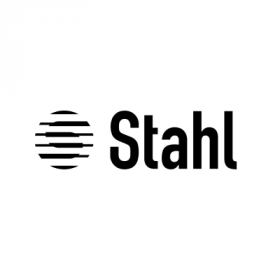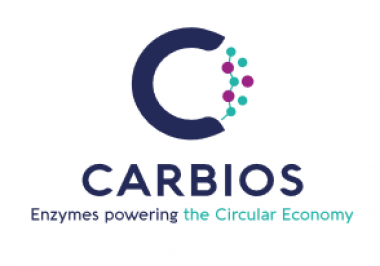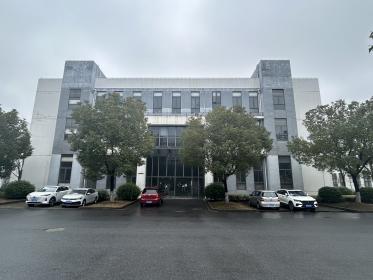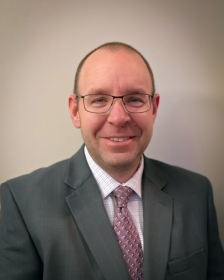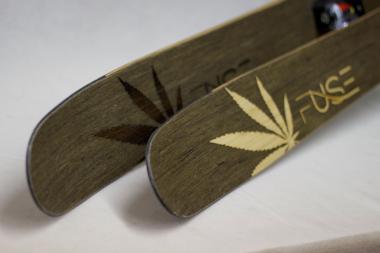AkzoNobel: Results of Q1 2024
Highlights Q1 2024 (compared with Q1 2023)
- Organic sales up 2%, driven by volume growth in both Paints and Coatings; revenue down 1%
- Operating income improved to €261 million (2023: €182 million)
- Adjusted EBITDA €363 million (2023: €305 million), adjusted EBITDA margin 13.8% (2023: 11.5%)
- Net cash from operating activities negative €170 million (2023: negative €50 million)
2024 Outlook
Based on current market conditions and constant currencies, AkzoNobel targets to deliver between €1.5 and €1.65 billion adjusted EBITDA in 2024, while reducing its leverage to around 2.3 times net debt/EBITDA by the end of the year.
AkzoNobel








